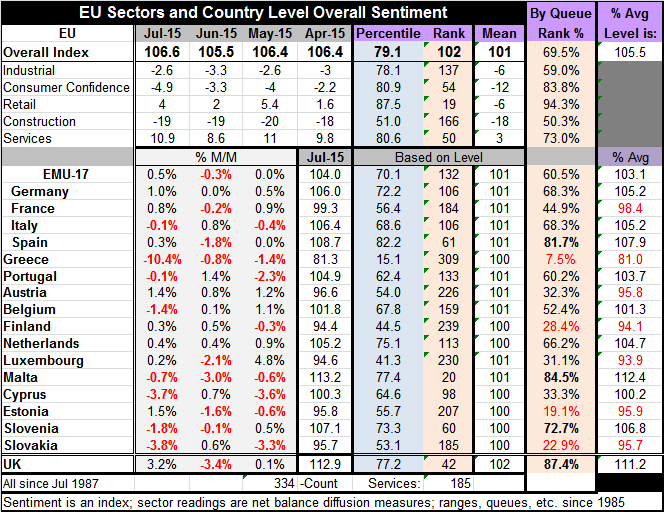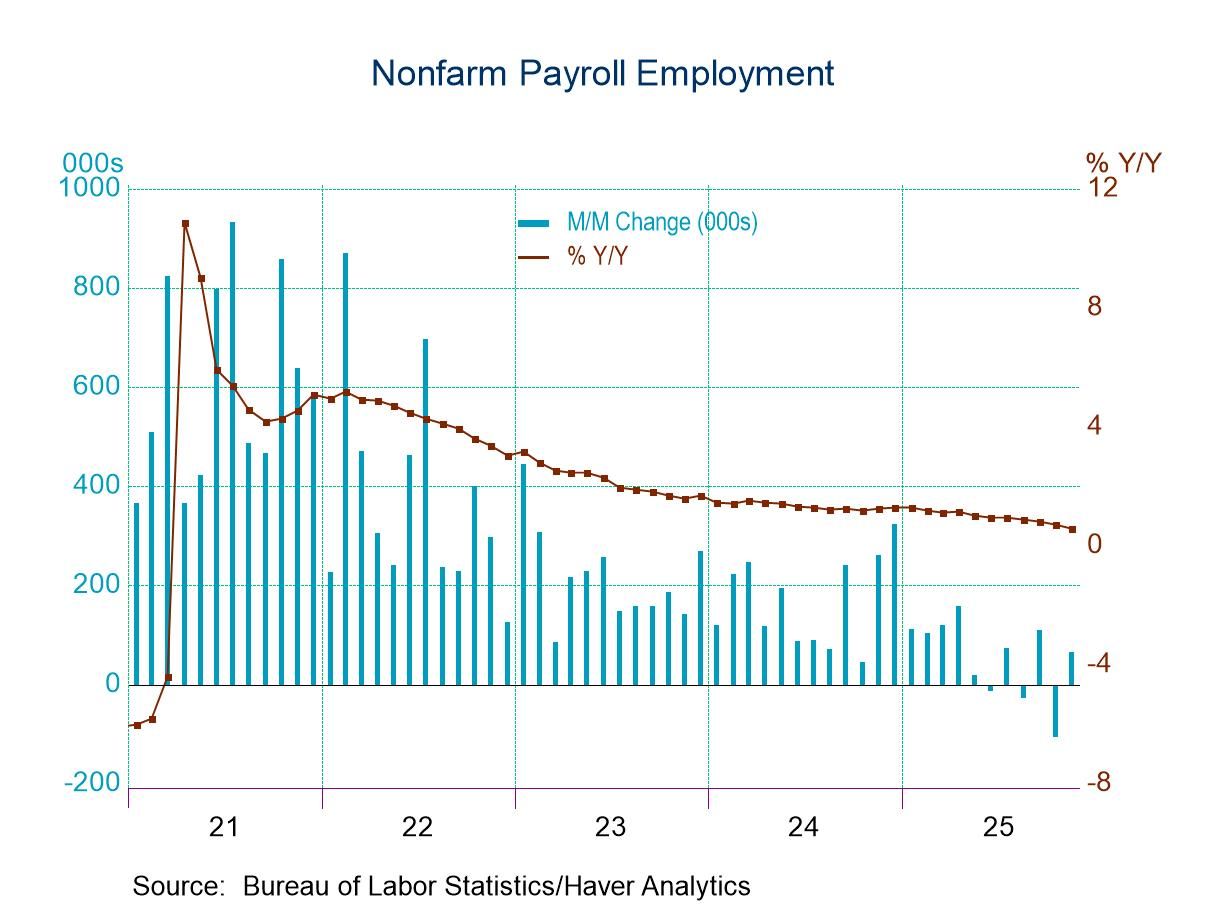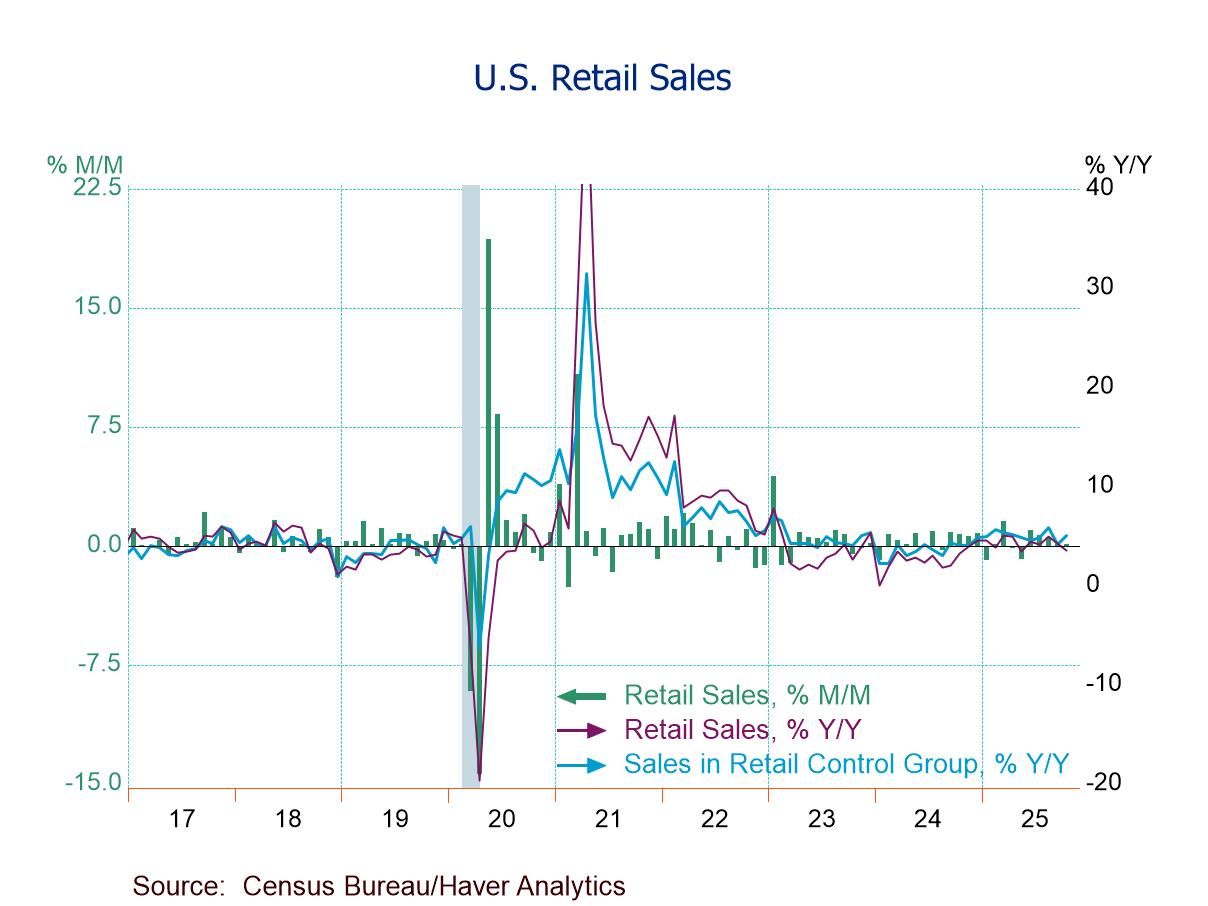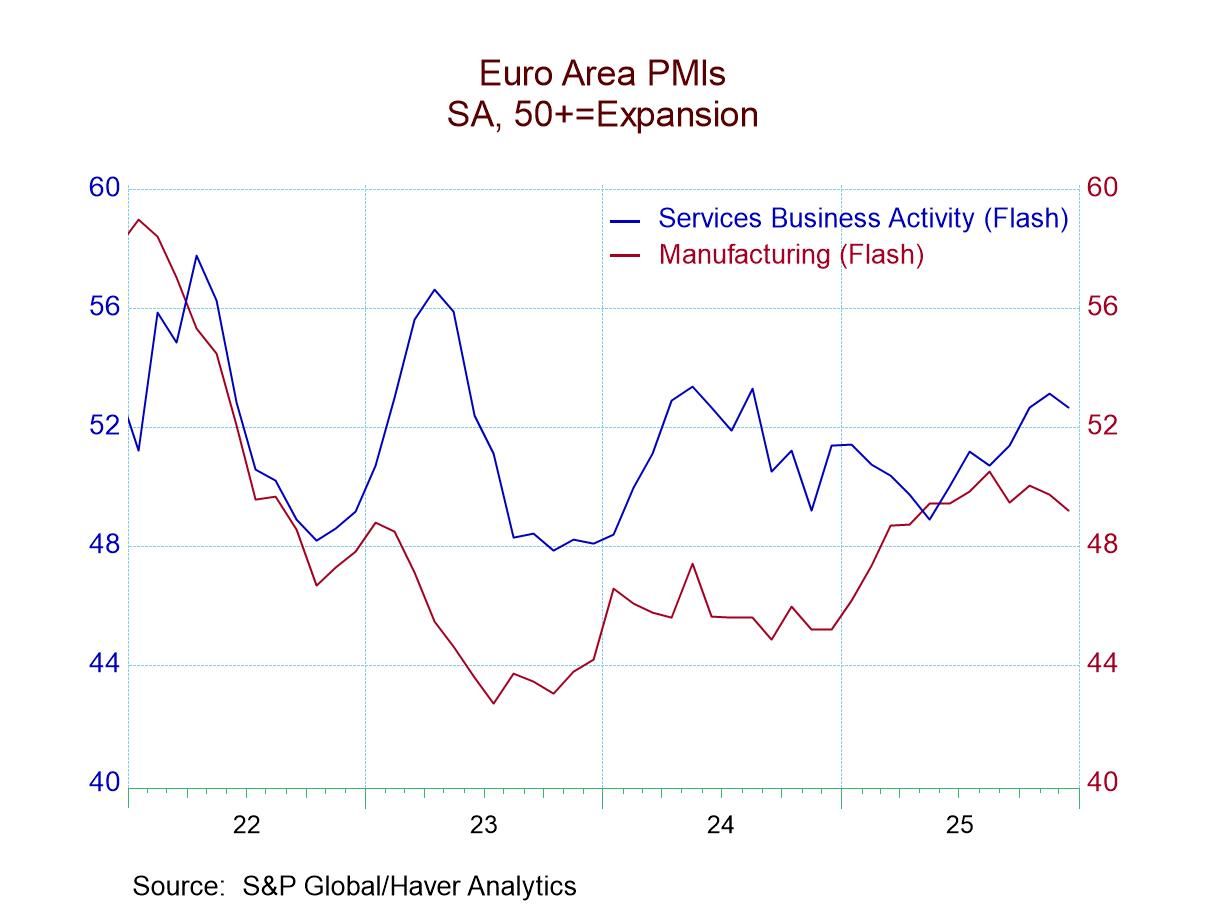 Global| Jul 30 2015
Global| Jul 30 2015EU Commission Indices Show Strength in July
Summary
The overall index for the EU moved to 106.6 in July from 105.5 in June to notch a 69.5 percentile standing for the EU countries. The EMU gauge rose by 0.5% to stand at 104 in July, posting a queue standing at its 60.5 percentile. The [...]
 The overall index for the EU moved to 106.6 in July from 105.5 in June to notch a 69.5 percentile standing for the EU countries. The EMU gauge rose by 0.5% to stand at 104 in July, posting a queue standing at its 60.5 percentile. The EMU countries are lagging behind the performance of the countries of the EU which contains all the EMU members and more. The austerity programs in the EMU are holding the countries back.
The overall index for the EU moved to 106.6 in July from 105.5 in June to notch a 69.5 percentile standing for the EU countries. The EMU gauge rose by 0.5% to stand at 104 in July, posting a queue standing at its 60.5 percentile. The EMU countries are lagging behind the performance of the countries of the EU which contains all the EMU members and more. The austerity programs in the EMU are holding the countries back.
We can score the EU sectors by using the same queue percentile standings which assess each sector's performance relative to its historic norms.
The relative best performing sector is retailing at a 94th queue percentile standing. That performance is underpinned by consumer confidence which has an 83rd percentile standing. The services sector has a 73rd percentile standing. Manufacturing is moderate with a 59th percentile standing. Construction has a 50th percentile standing. Putting the relative measures aside, services at 0.9 in July has the strongest raw diffusion score, followed by retailing at 4. All the rest of the diffusion scores are negative. But each of them (except construction), nonetheless, is above its historic mean, which is also negative.
Eight of 16 reporting EMU members show declines in their respective sentiment gauges in July. Three of the four largest EMU economies show gains. There are sharp setbacks in Greece (-10.4%), Slovakia (-3.8%), Cyprus (-3.7%), Slovenia (-1.8%) and in Belgium (-1.4%). The largest gain on the month was Estonia (1.5%), Austria (1.4%) and France (0.8%).
In the EMU, the industrial sector has only a 65th percentile standing, a very moderate reading. Among the big four economies, Spain is doing the relative best, followed by Germany, Italy and France, respectively.
Retailing has a surprising 95th percentile standing in the EMU. Italy and Spain each have retail queue standings above the 95th percentile. Germany's standing is at the brink of the 90th percentile. France lags with a still sold 77th percentile standing. This performance is supported by the consumer confidence standings which find Spain with a 90th percentile standing for confidence, Germany with an 84th percentile standing, Italy at the 71st percentile, and France at the 53rd percentile.
The services sector in the EMU has a 68th percentile standing, a moderate result. Germany's sector has an 83rd percentile standing; Italy surprisingly is even stronger with an 88th percentile standing. Spain sports only a 64th percentile standing. France is weakest with a very anemic 32nd percentile standing.
There remains a lot of weakness in the EU and the EMU. The monthly indices rise does not tell the whole story although the EMU standing in its 60th percentile and the EU standing in its 69th percentile come closer to communicating the state of the two regions. These are very moderate readings and standings, representing some of the highest readings we have seen since the recession. Disappointment in these reading stems less from their respective low values than from how long it has taken to get to even these meagre results.

Robert Brusca
AuthorMore in Author Profile »Robert A. Brusca is Chief Economist of Fact and Opinion Economics, a consulting firm he founded in Manhattan. He has been an economist on Wall Street for over 25 years. He has visited central banking and large institutional clients in over 30 countries in his career as an economist. Mr. Brusca was a Divisional Research Chief at the Federal Reserve Bank of NY (Chief of the International Financial markets Division), a Fed Watcher at Irving Trust and Chief Economist at Nikko Securities International. He is widely quoted and appears in various media. Mr. Brusca holds an MA and Ph.D. in economics from Michigan State University and a BA in Economics from the University of Michigan. His research pursues his strong interests in non aligned policy economics as well as international economics. FAO Economics’ research targets investors to assist them in making better investment decisions in stocks, bonds and in a variety of international assets. The company does not manage money and has no conflicts in giving economic advice.






